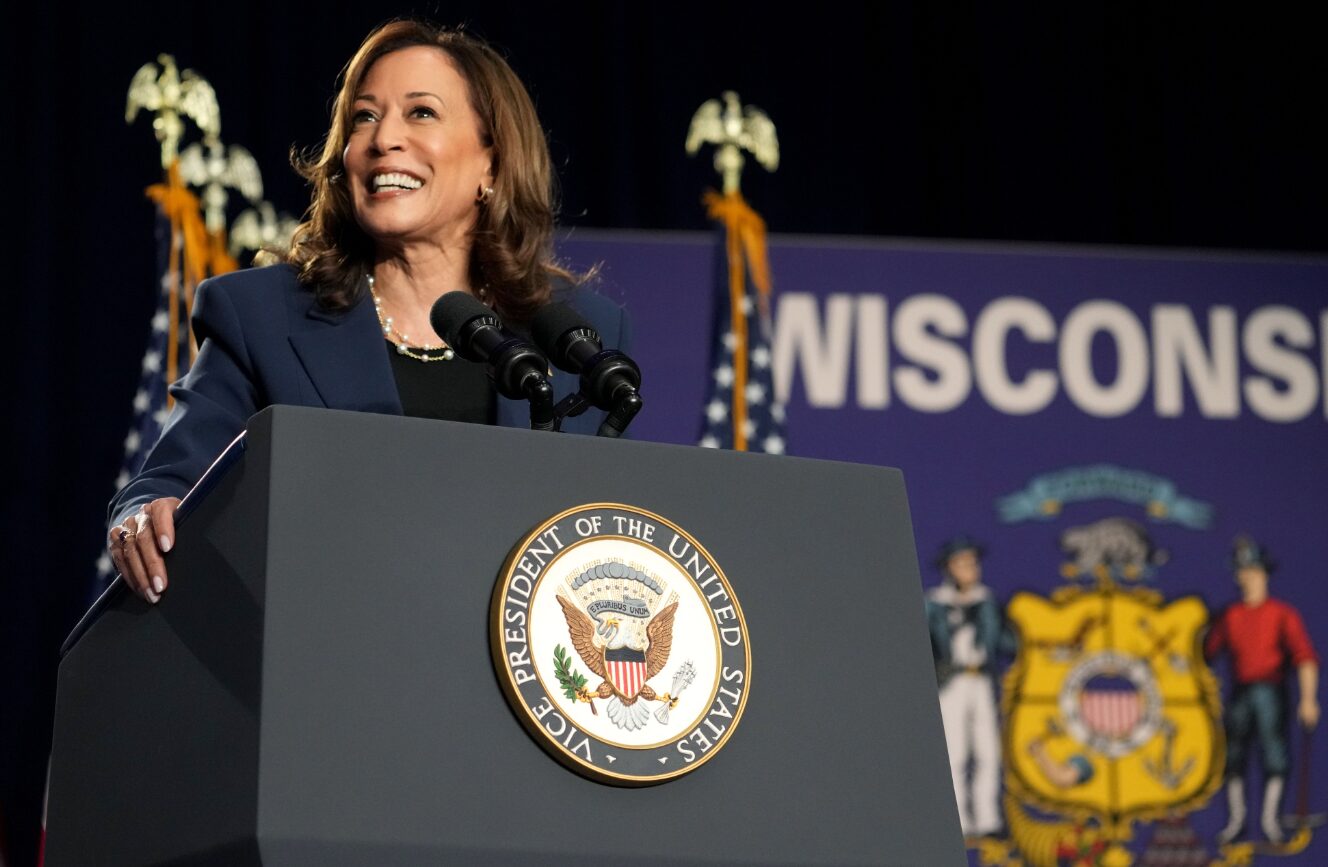“Democratic front-runner Kamala Harris cannot afford to cede the crypto market’s vote to Republican candidate Donald Trump.” This is the statement from the Official Monetary and Financial Institutions Forum (OMFIF), in a report released on Thursday (01/08) about the US presidential election.
According to the independent think tank, Kamala “must set her own agenda for cryptoassets or risk ceding the ground entirely to Republicans.”
This will be the first #US electoral cycle in which #crypto policy is going to play a major role. Kamala Harris must lay out her own agenda for cryptoassets or she risks ceding the ground entirely to the #Republicans, writes @OMFIFDMI's Lewis McLellan: https://t.co/WXX7I04YCI
— OMFIF (@OMFIF) August 2, 2024
While reports reveal that the current US vice president may be “more open” to crypto than predecessor Joe Biden, Kamala has remained relatively quiet on digital assets.
Meanwhile, Trump has embraced cryptocurrencies broadly. He gave a controversial and incongruent speech at the Bitcoin 2024 conference in Nashville and proclaimed that he would make the U.S. “the crypto capital of the planet” last week. Harris declined to attend the major digital asset conference, saying she was not prepared to discuss the topic.
“It should come as no surprise that the crypto community and the Republican Party have found common ground,” writes Lewis McLellan, author of OMFIF. “Crypto has always exhibited its anti-establishment flavor, so the party of small government, particularly the version created in former President Donald Trump’s image, is perhaps its most natural political home.”
Against Kamala Harris, Trump continues his pro-cryptocurrency campaign
OMFIF’s commentary comes at an inflection point in this year’s election cycle. Recent data shows that encryption is a key issue for 20% of all voters in this year’s swing states.
Potentially hurting Kamala Harris’ chances of winning over the broader crypto community is the Biden administration’s stringent approach to regulating digital assets.
OMFIF cites Democratic resistance to the Financial Innovation and Technology Act for the 21st Century (FIT21) bill, as well as Biden’s decision to veto Congress’s overturn of the controversial Securities and Exchange Commission (SEC) accounting bulletin SAB121.
Trump, on the other hand, has promised to provide a crypto-friendly regulatory framework if elected.
“While many of the criminals and scammers have been taken out of business in recent years (thanks in part to the SEC’s aggressive prosecution), cryptocurrency remains a potential vector for criminal activity and a source of new risks for investors,” OMFIF said. “If properly regulated, crypto can provide economic growth and opportunity. Turning it into a partisan football would do a disservice not only to the crypto industry, but to the country.”






















